Does caffeine shampoo help to grow your hair?
Coffee, and more specifically caffeine, has long been touted as having various health benefits. In 2007, a German study showed some evidence that caffeine was able to stimulate hair follicles and activate hair growth under laboratory conditions. This prompted the production of various caffeine-based shampoos, including Alepecin, which claim to aid hair growth.
The science behind hair growth and hair loss:
At the bottom of every hair follicle, there are cells called dermal papilla cells which divide and become hair shafts. Molecules inside the cells act as signals and tell the cells whether to die off or divide. Hair growth happens when more cells divide than die off and the two main molecules responsible for signalling dermal papilla cells to divide, are cAMP and IGF-1.
Cyclic Adenosine Monophosphate (cAMP) is a protein that signals dell division. cAMP increases the activity of other hair growth enzymes and proteins and allows hair to grow faster. cAMP is naturally balanced out in the body by an an enzyme called phosphodiesterase. So when cAMP levels get too high, phosphodiesterase neutralises it. Caffeine reduces the activity of phosphodiesterase, which in theory, would allow a heightened level of cAMP to exist in each cell as opposed to what would usually be regulated.
Insulin-Like Growth Factro-1 (IGF-1) is a protein found in the cells of the hair follicle. It controls cell death and cell division while another protein called PDGF (A and B) controls cell growth. Researchers have discovered that IGF-1 treated hair follicles have higher levels of both PDGF-A and PDGF-B which ultimately reduces the rate of cell death and stimulates faster hair growth. Caffeine has the capacity to increase levels of IGF-1 in hair follicles so it seems to follow that topical application of caffeine shampoo will penetrate the hair follicle and result in increased levels of both cAMP and IGF-1 which would then increases both the level and speed of hair growth.
Simple right? Erm, not quite...
What causes hair loss in women?
There's no one-size-fits-all treatment for hair loss because there are so many different causes of hair loss in women. Each individual situation is different because different hormonal, genetic, gender, health and age-related factors come into play. Specific causes of hair loss in women can be found here and may include factors like low iron and B12, Polycystic Ovararian Syndrome (PCOS), menopause, medication, extreme weight changes, illness (conditions such as alopecia included) and childbirth. Some types of hair loss even come and go, so in some cases, experiencing regrowth after using a caffeine shampoo may simply be a coincidence!
The link between caffeine and hair loss
Only one theory of hair loss actually relates to caffeine:
Androgenetic Alopecia (The Scalp Tension Theory of Hair Loss)
Androgenetic Alopecia (male and female pattern hair loss), is extremely common. Sufferers of androgenetic alopecia have decreased scalp blood flow and increased levels of DHT, a product of testosterone, on the scalp. This is relevant because reduced blood flow in the scalp, results in reduced delivery of key nutrients to the hair follicles. Hair needs these nutrients, including certain B-vitamins, minerals, and protein, to grow.
In the cells of the hair follicle, there’s an enzyme called 5 alpha-reductase. Testosterone is delivered to the hair follicle by the blood where it attaches to the 5 alpha-reductase enzyme. 5 alpha-reductase then converts testosterone into DHT. Increased levels of DHT on the scalp causes issues like decreased follicle size and increases inflammation and tension in the scalp. Increased tension also increases testosterone levels which triggers the start of a vicious cycle. High levels of DHT can also stimulate the production of other proteins which reduce blood flow and cause scarring around the hair follicle. This is another cause of decreased hair growth and ultimately, hair loss.
How does caffeine affect hair loss?
In theory, caffeine has the capacity to counteract DHT's negative effects by reducing the production of certain harmful proteins, improving blood flow, and reducing inflammation. It doesn's affect DHT directly but merely acts on its effects. Various research studies have reported that the addition of caffeine at a concentration of 0.001% and 0.005% for a minimum of 120 hours, was able to counteract the negative effects of testosterone on hair growth.
They have also shown that follicular penetration of topical caffeine via shampoo takes at least 2 minutes to register and meaningful level of penetration. Both the actual quantity of caffeine added to a particular shampoo and the length of topical application to a person's scalp, would have to be carried out accurately and precisely for the caffeine to have any real results.
Does caffeine shampoo actually work for hair growth?
The truth is that it's still unclear. The German study showed some success under strict, controlled conditions but there's really not enough evidence out there to suggest that caffeine-based products will stimulate growth for the hair on your head. It's clear that these products can't actually promise hair growth but rather rely on the suggestion of potential efficacy based on the existing research.
Consumers need to be well-informed when it comes to the inclusion of caffeine as a shampoo ingredient and be able to critically assess its potential value. There's still a lot of debate in the medical world as to whether or not caffeine shampoos have the capacity to replicate the results of laboratory testing. The medical community generally doesn't endorse caffeine shampoo as an effective hair growth solution.
Caffeine shampoo can cause side effects
Shampoos that contain caffeine are generally considered to be safe and rarely cause serious side effects, but some users mention unpleasant side effects, such as redness, itching or burning of the scalp. Most reactions to caffeine shampoo are likely to occur due to individual sensitivities or may be due to other ingredients like additives, parabens, and silicones. It's important to realise that your scalp may react negatively to a caffeine-based shampoo
Medical research into caffeine shampoo continues but in the mean time, many people have shared their opinions online. All reviews need to be considered logically as some users of caffeine shampoos may be experiencing a placebo effect. Just using the shampoo alone, may stimulate a greater self-confidence which may then be attributed to the caffeine shampoo itself.
Other treatments for female hair loss
Natural shampoos and conditioners are less likely to result in a negative experience, because they contain none of the nasty chemicals that can cause problems on your scalp. We always recommend natural solutions like the Carelli Range or our CPR Fortify Collection. Our paraben and sulphate free shampoos energise hair follicles promoting healthy hair.
Normal “supermarket” shampoos and other 'specialised' shampoos contain literally dozens of chemicals, many of which do not easily wash out, leaving build-up and sediments on your scalp that have the potential to clog up your pores and compromise the health of your follicles. As we've noted above, healthy follicles grow healthy hair so it's vital to check the ingredient lists on the products you buy to ensure that your hair stays healthy and the health of your scalp isn't compromised.
The same applies to other female hair loss treatments like hair loss vitamins, topical hair loss serums, minoxidil, finasteride, propecia and any other treatment that claims to "grow" hair. While some of these treatments have been shown to stimulate follicles and may be effective in some cases, they have to be used correctly and for the right reasons. It's always best to thoroughly investigate the actual source of your hair loss before applying a product that may in fact irritate your scalp further.
Once you take a natural approach to your hair care and start the process of detoxifying your scalp with natural products, you can also give your hair an extra volume boost with Boost N Blend's Natural Cotton Hair Fibres. Boost N Blend is a natural and extremely fine cotton micro fibre that looks and feels just like hair. You apply them to fine, thin and thinning areas of your hair and they easily blend in with your natural hair colour to disguise any unsightly and embarrassing gaps. Boost N Blend is an instant cosmetic solution to fine hair. In just a few seconds you can transform the overall appearance of your hair. And best of all, Boost N Blend will not interfere with any other hair loss treatment you pursue. The fibres can be used with any of the medicated shampoos, supplements or topical products you choose to use and gives you the effect of thick luscious hair while you wait for some of the slower regrowth processes to occur.
Boost N Blend is available at any one of our global online stores:
 |
 |
 |
| SHOP BOOST N BLEND AU | SHOP BOOST N BLEND USA |






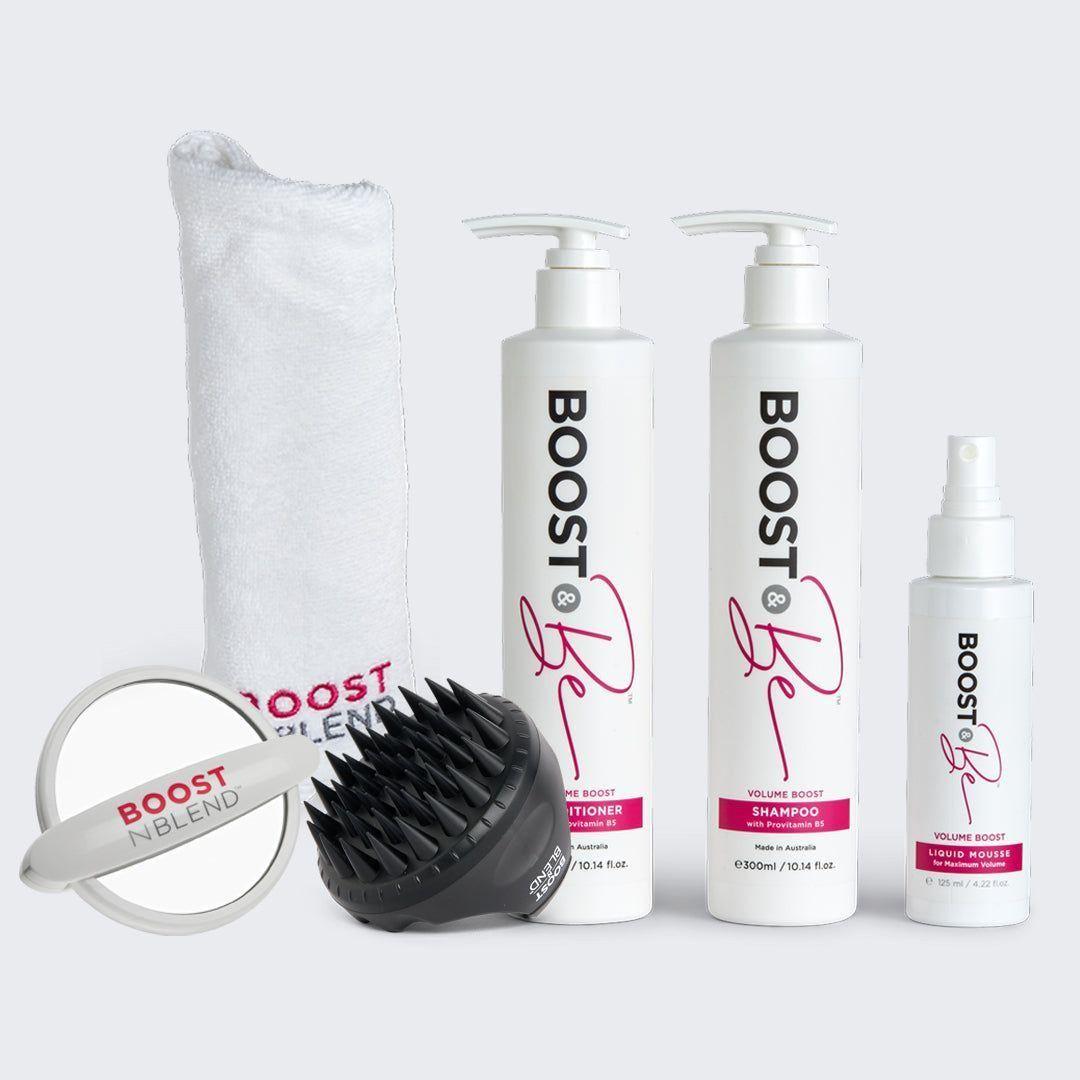
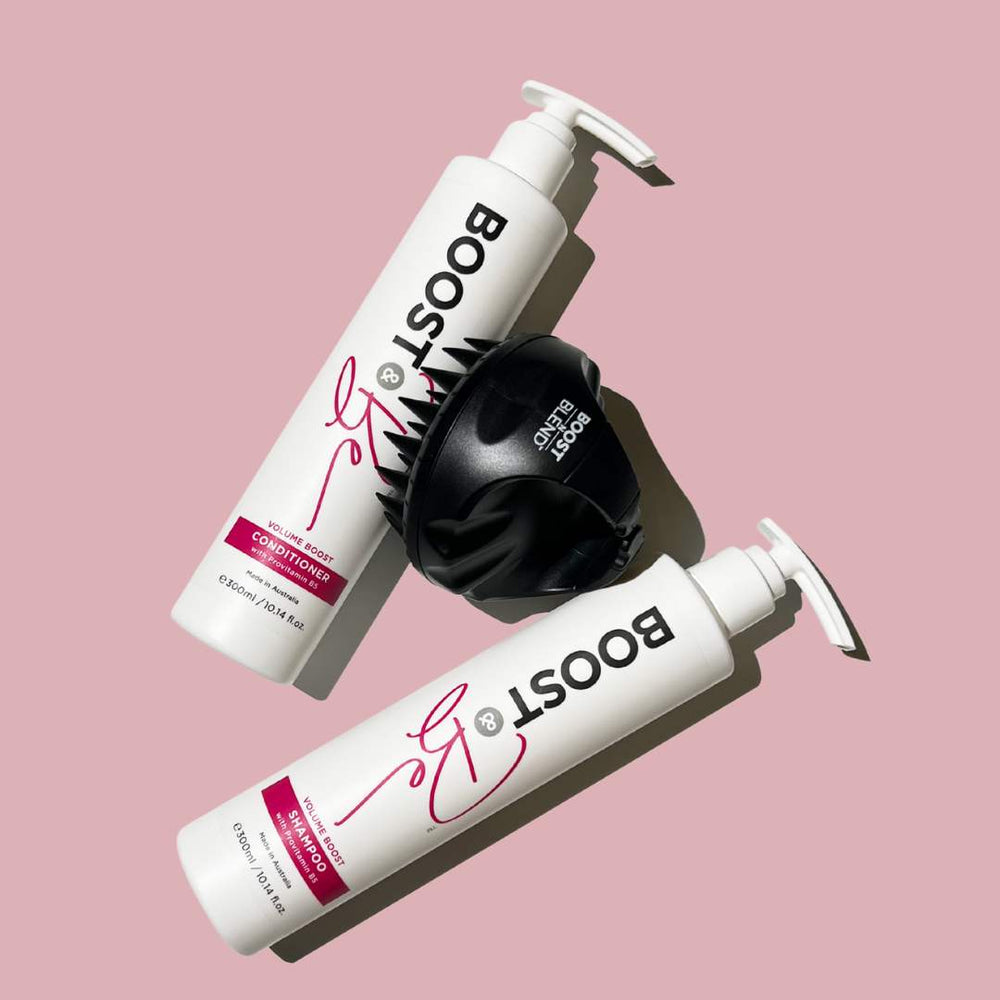
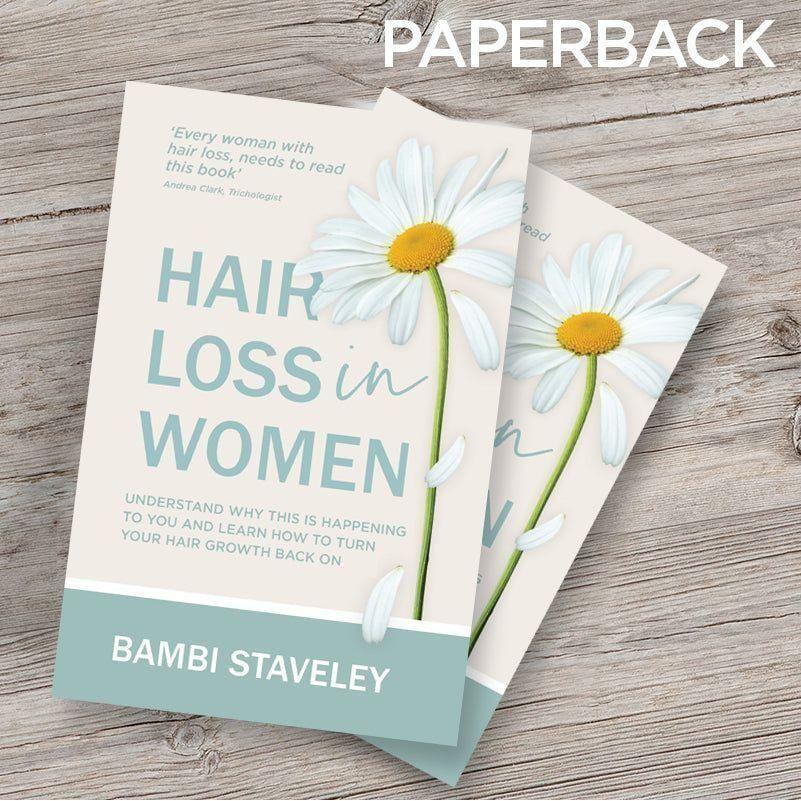
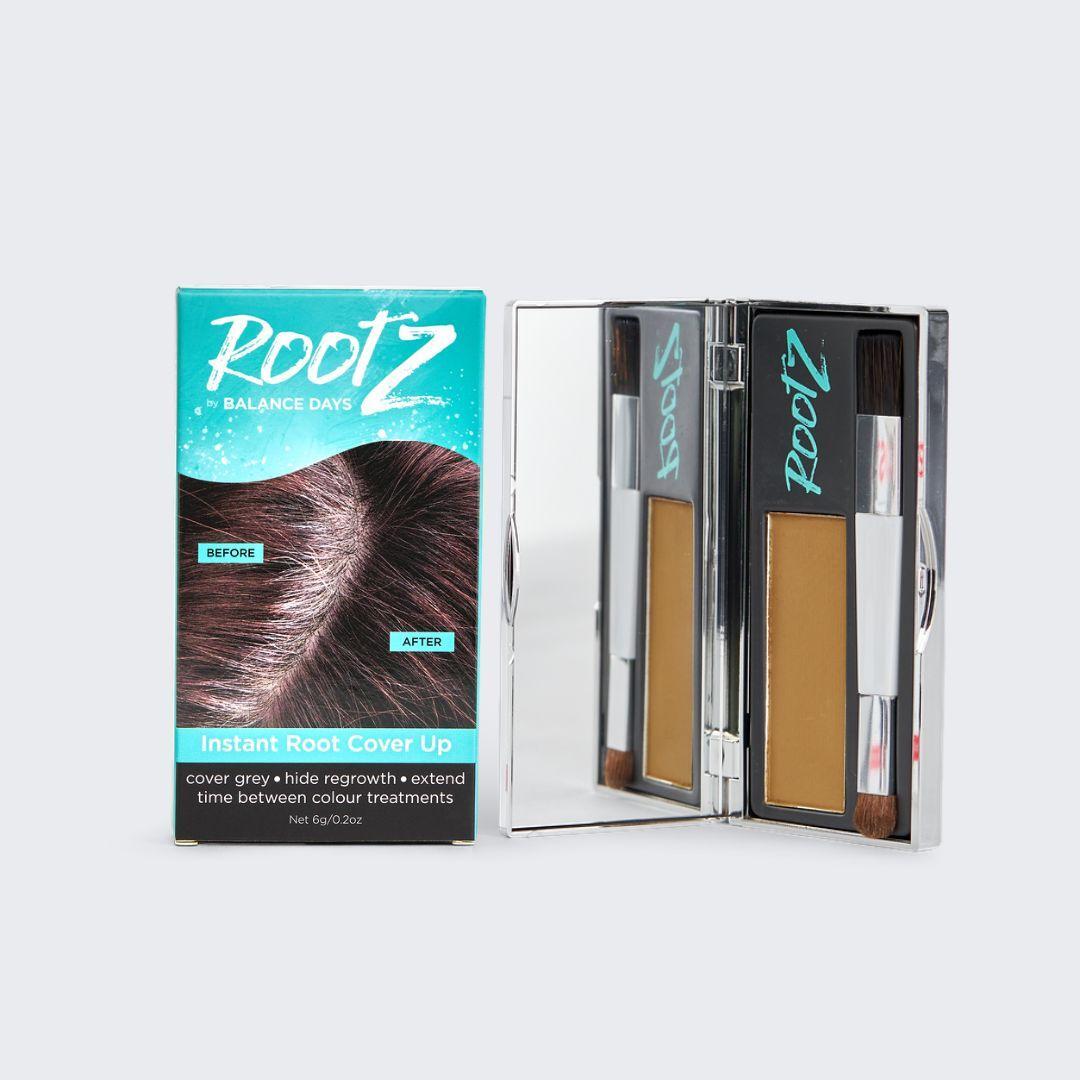
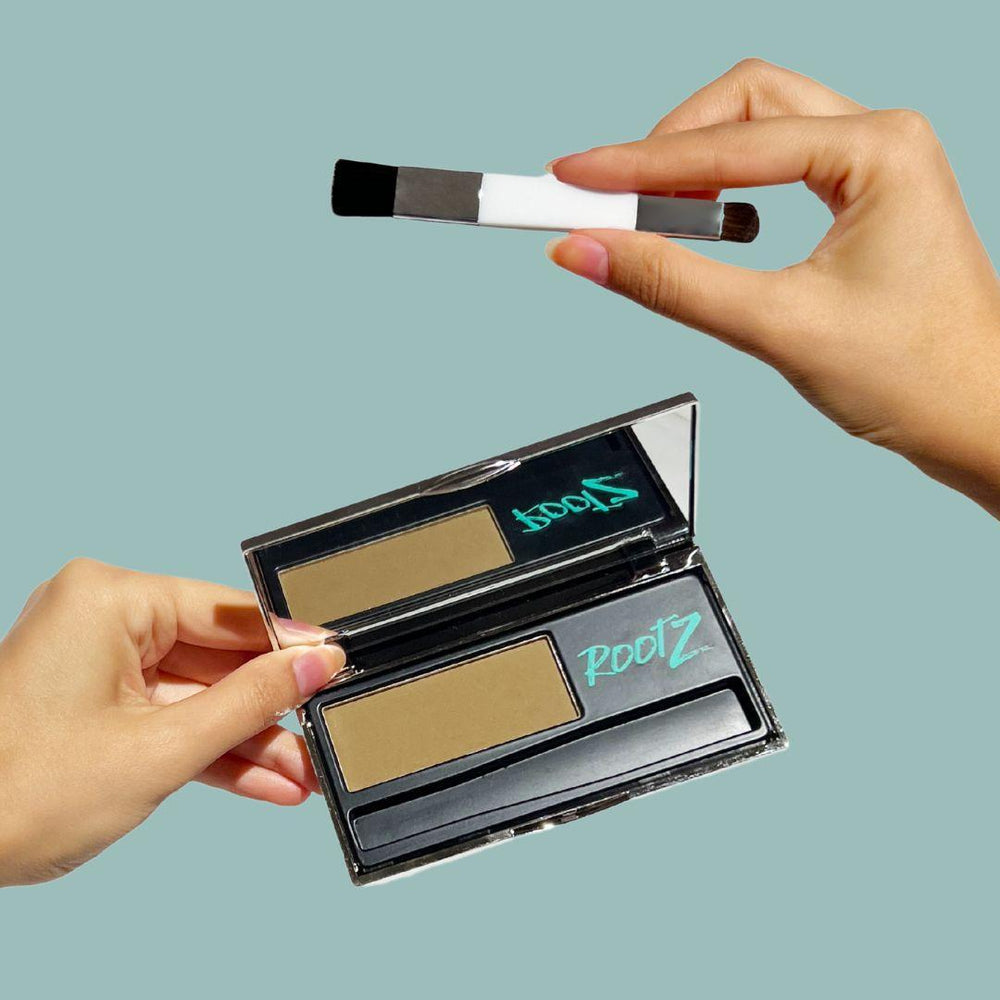
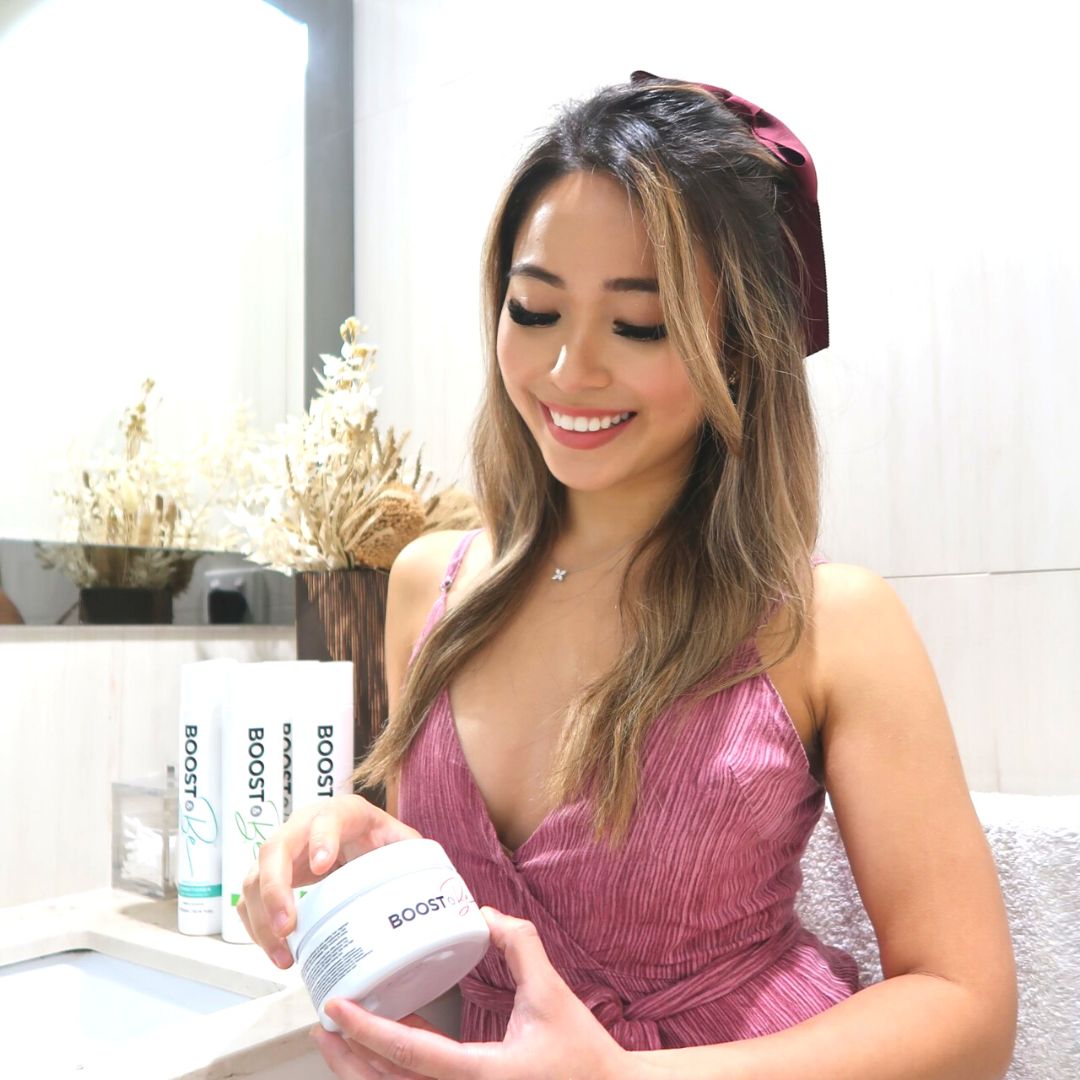
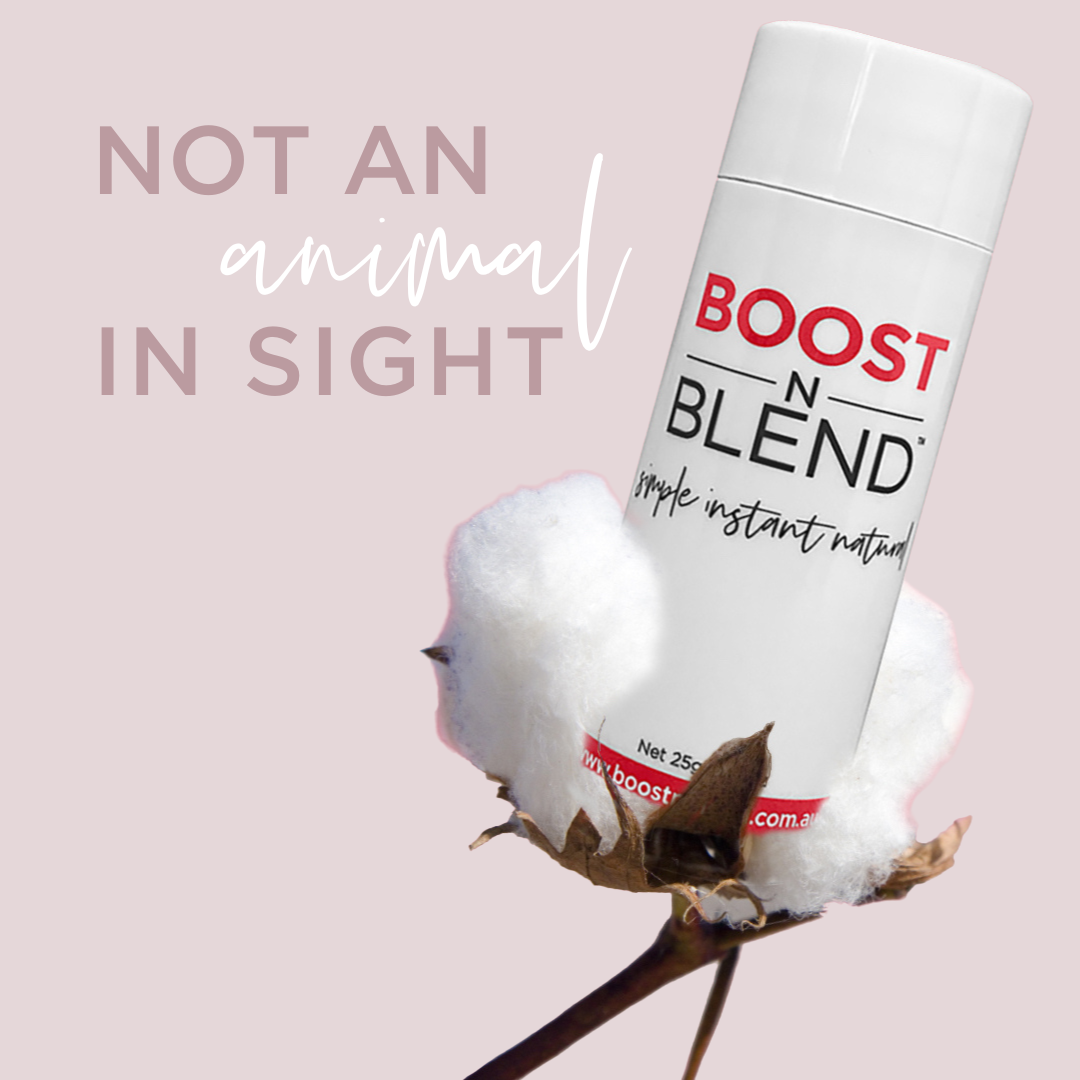
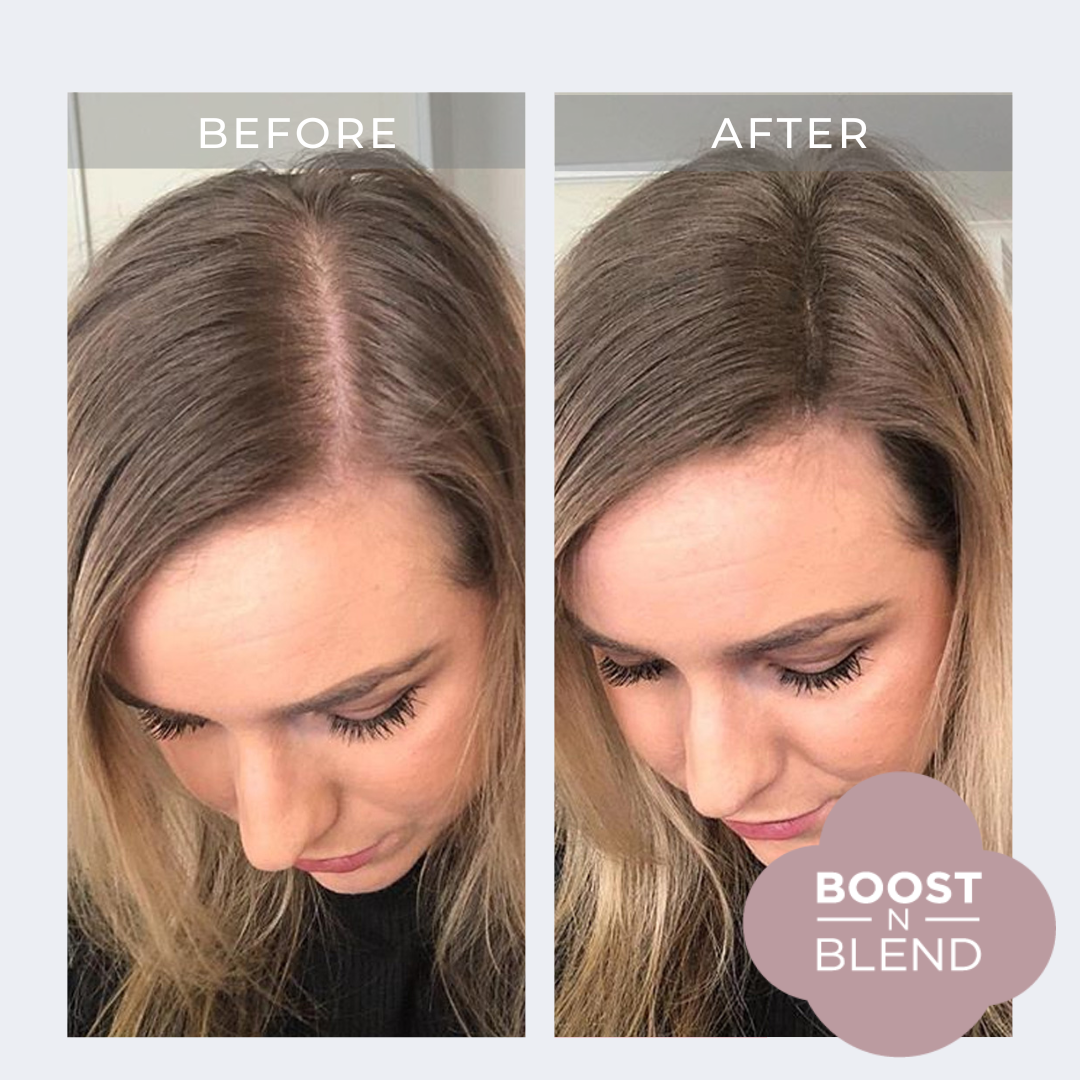
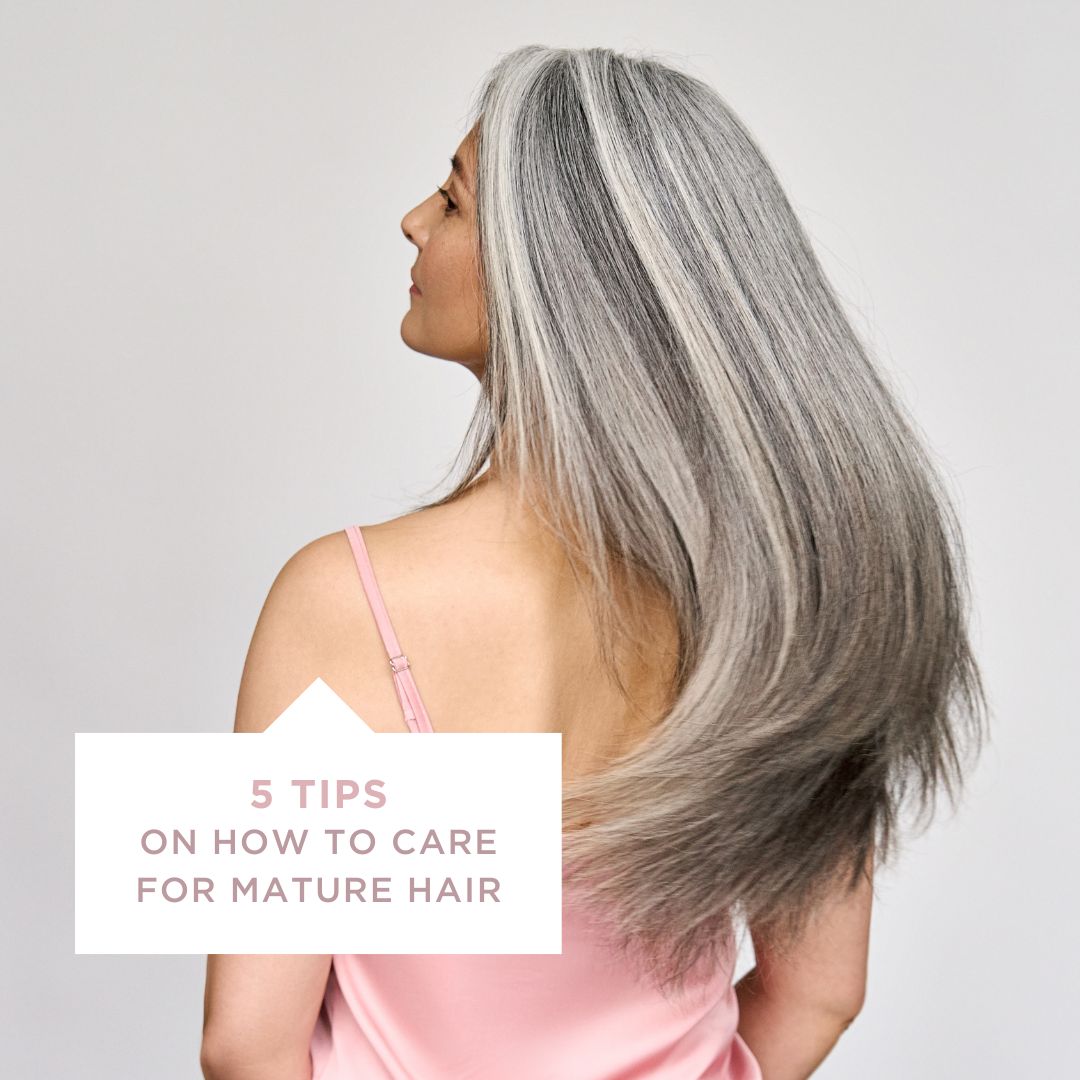
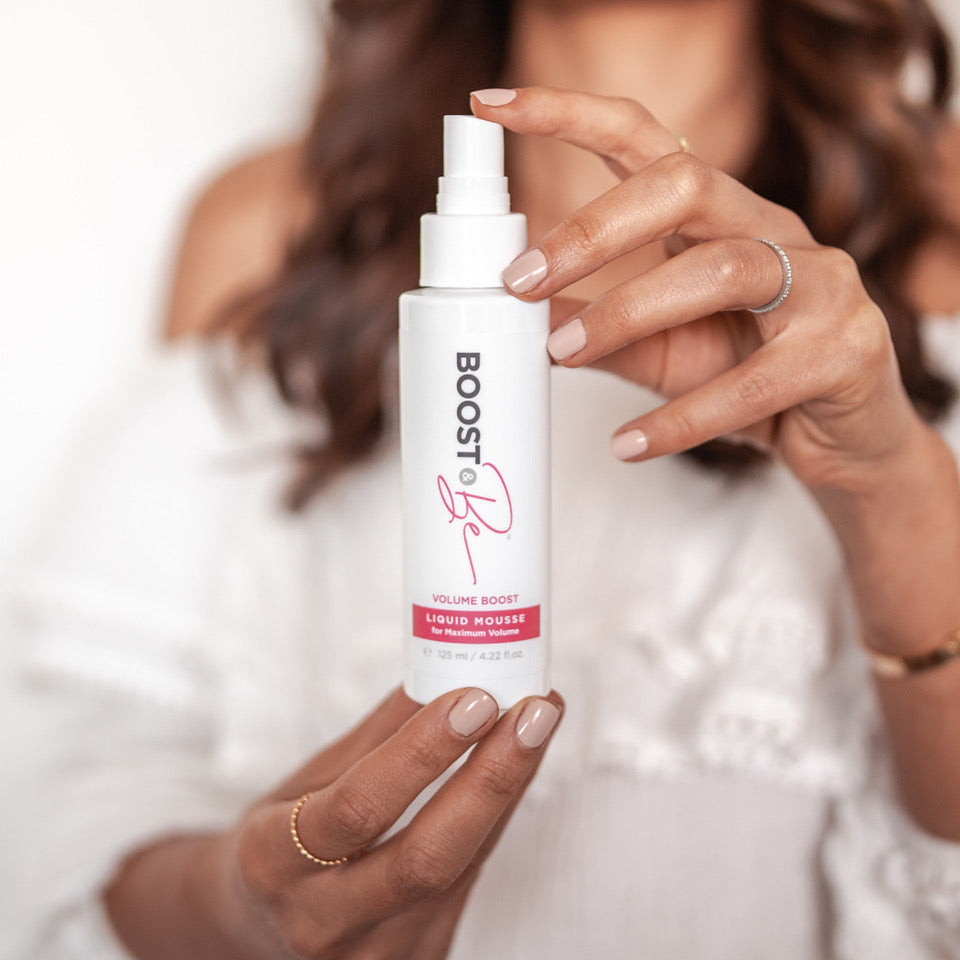
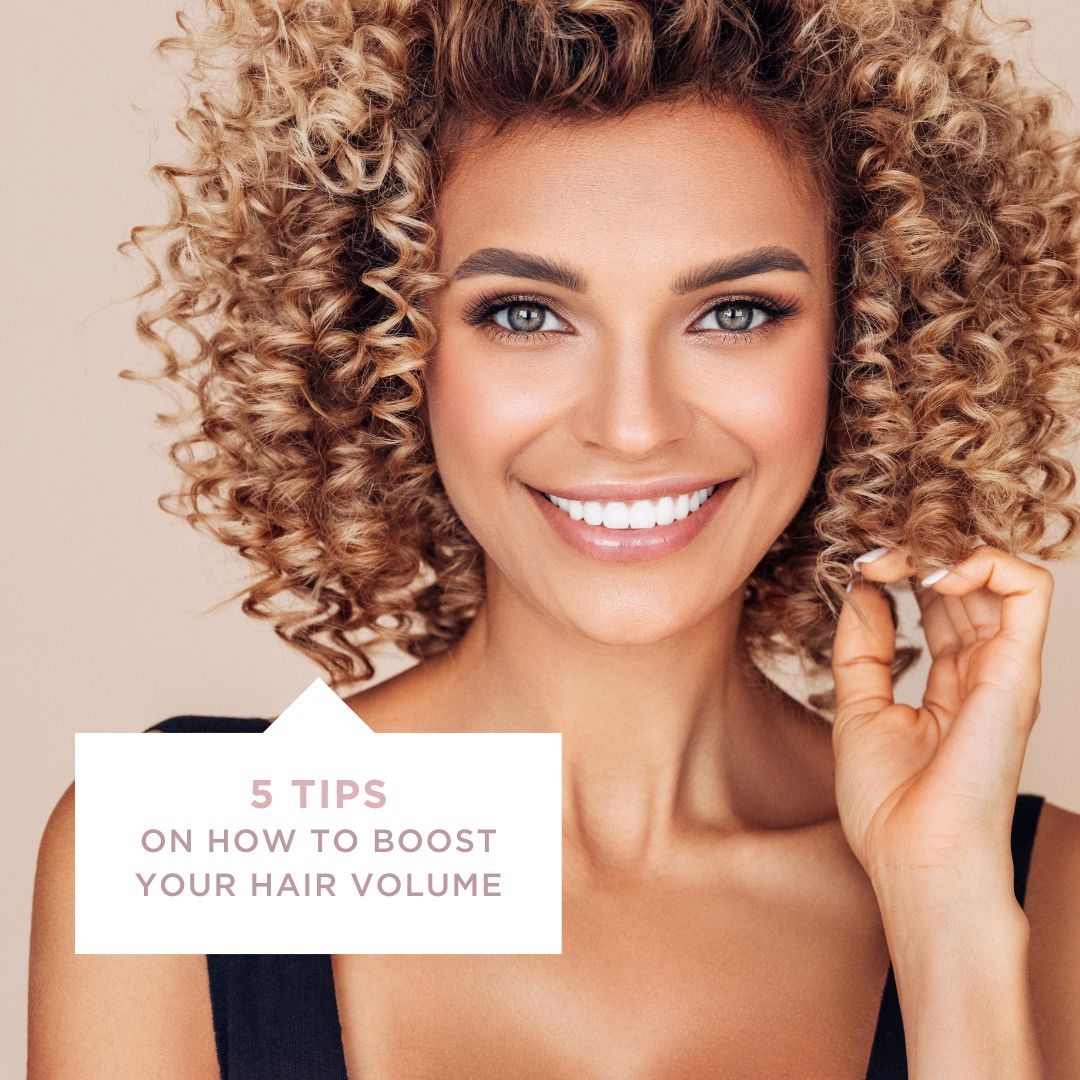
Leave a comment